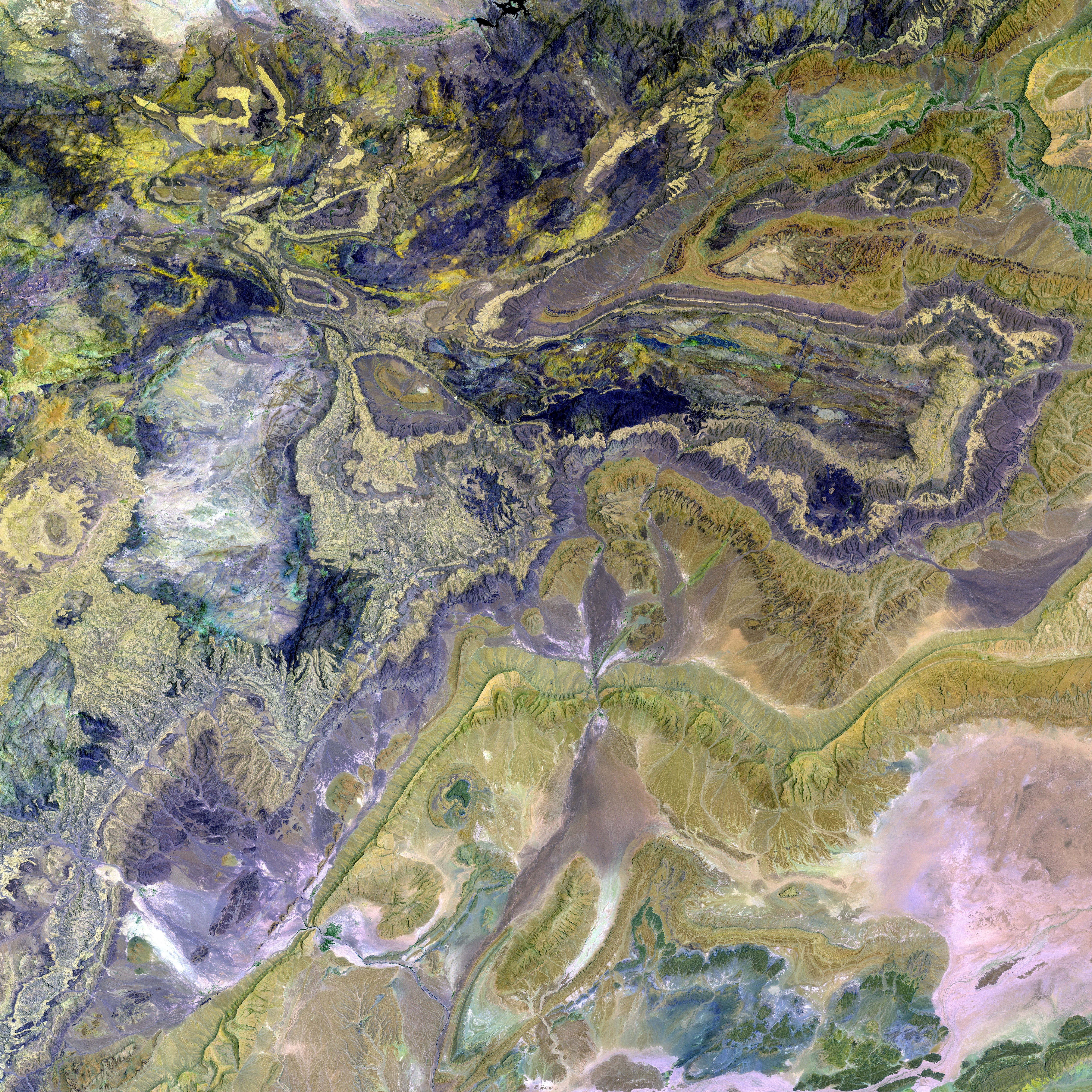Supreme Court Stalls Trump's Venezuelan Deportation Efforts
Trump's 1798 Alien Enemies Act Struggles in Court
Supreme Court's Immigrant Deportation Ban Sparks Trump's Anger
In a blow to President Trump, the Supreme Court has extended its ban on expelling Venezuelan immigrants under the 1798 Alien Enemies Act, dealing another setback to Trump's aggressive immigration policies. Trump took to his Truth Social network, venting his frustration with an all-caps message, "The Supreme Court won't let us remove criminals from our country!"
Trump's tough stance on immigration, frequently portrayed as a "foreign invaders" threat, has faced numerous legal obstacles. Despite his promises to expel hordes of immigrants, court decisions have continually hampered his plans.
In a preliminary move, several federal courts and appeals courts, along with the Supreme Court on April 19, halted the use of the 1798 Act, originally applied exclusively during wartime, due to concerns that those targeted must have the right to assert their rights.
Trump invoked the Act against the Venezuelan gang Tren de Aragua, designated a "terrorist" organization, resulting in the expulsion of over 300 immigrants to El Salvador and their imprisonment in a notoriously harsh high-security facility.
"24 Hours' Notice"
On Friday, the Supreme Court, by a 7-2 vote, reaffirmed its ban and referred the case to a federal appeals court to determine the Act's legality and the conditions under which affected individuals may challenge their expulsion. Judge Roberts, one of the four conservative justices, joined the three progressives against the two most conservative justices in the decision.
The Court voiced concerns about the "24 hours' notice" before expulsion and the lack of information provided on the right to contest it. Earlier, on April 7, the Court unanimously determined that those threatened with expulsion must have a chance to challenge it in court and receive adequate notice, contradicting the Trump administration's claims.
Human Rights Concerns and Ongoing Legal Battles
Beyond the Supreme Court's actions, there are broader worries about the Act's alignment with international human rights law. The Act's broad powers to detain and deport individuals based on nationality clash with international obligations such as the principle of nonrefoulement, which prohibits the return of individuals to countries where they might face persecution or torture. Human Rights Watch has called for the Act's repeal due to these human rights concerns.
Legal challenges continue as detainees contest their detention and removal under the Act. The Supreme Court's opinions on the judicial review for individuals detained under the Act add complexity to the administration's quest to use the Act for mass deportations.
- The ongoing legal battles surrounding the 1798 Alien Enemies Act, as demonstrated by the Supreme Court's recent decision, highlight the intersection of immigration policy and legislation with politics and general news, especially given the Act's potential implications for war-and-conflicts and crime-and-justice.
- The Supreme Court's ruling against the Trump administration's use of the 1798 Alien Enemies Act brings attention to the human rights concerns associated with this policy, as the Act's powers to detain and deport individuals based on nationality may conflict with international obligations, such as the principle of nonrefoulement.
- President Trump's aggressive immigration policies have been marred by numerous legal obstacles, including the Supreme Court's ban on his efforts to use the 1798 Alien Enemies Act for deporting Venezuelan immigrants, which has added to the ongoing debates and controversies in the realm of immigration, politics, and general news.







